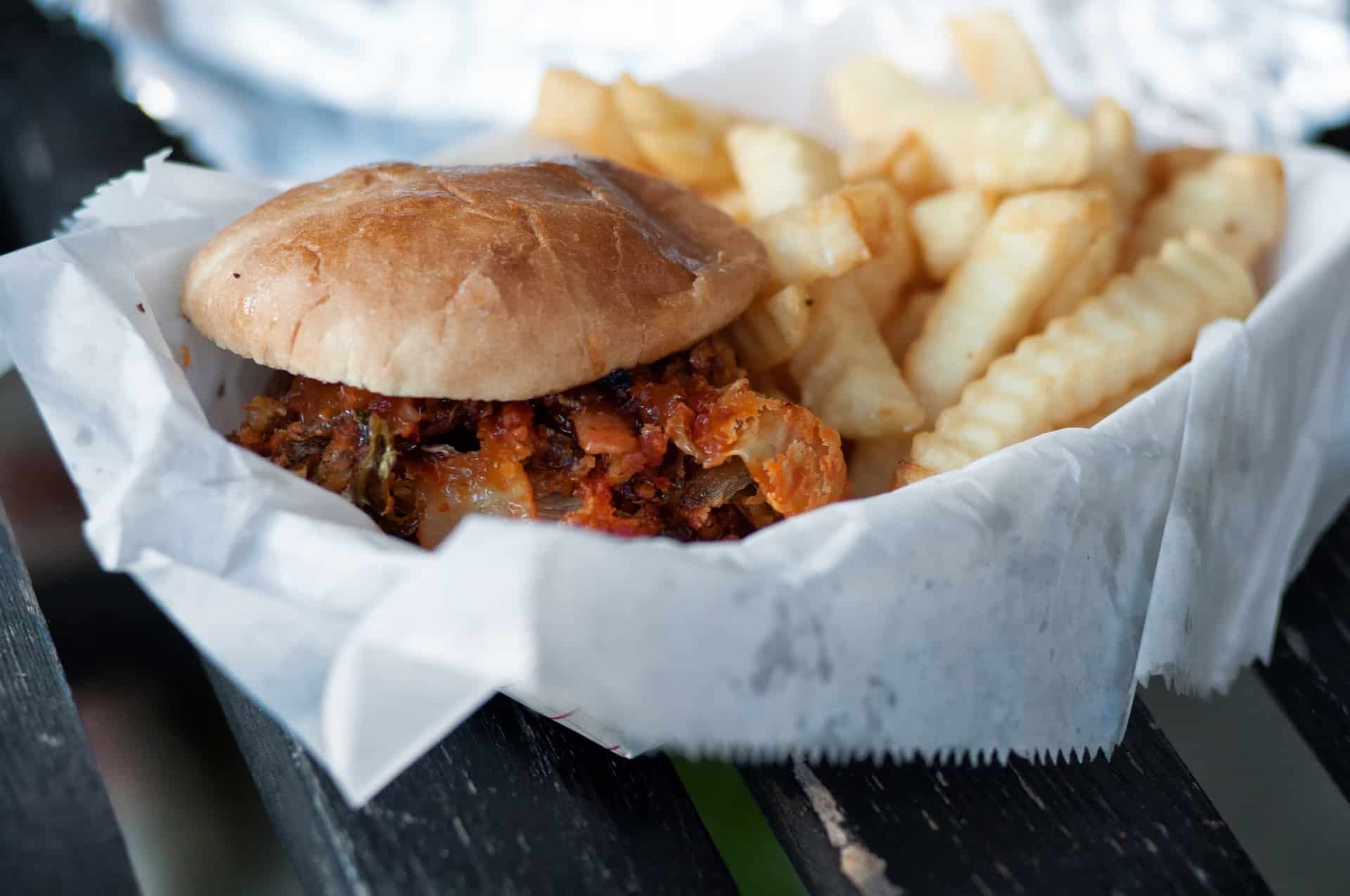Two-Week Weight Watchers Weight Loss Challenge
You’ve likely heard a million weight loss “do’s” but what about weight loss don’ts? If you seriously want to lose weight, you need to focus on weight loss dont’s just as much as weight loss do’s, because they can seriously jeopardize your weight loss efforts!
Almost 70% of the American population is considered to be overweight or obese. Additionally, 1 out of every 3 American children are overweight or obese.
Sadly, this generation is the first in history that is expected to die younger than their parents.
The thing is, we can change this. We just need to make the appropriate lifestyle changes. “Eat healthy and exercise is the classic advice” but while it’s true, it’s not always that easy.
Before I get into the weight loss don’t’s, let’s talk about expert help. Because sometimes, as much as you try to go it alone, let’s face it – losing weight is damn hard.
Need some extra guidance?
Probably the best program that I’ve come across for promoting long lasting weight loss is PlateJoy.
PlateJoy is a unique meal planning service that provides custom meal plans for all dietary requirements, including vegetarian, paleo, clean eating, pescetarian, gluten free, kid friendly and more.
You choose your goal – “weight loss” or “basic plan” and then your dietary requirement. PlateJoy will then send you customized meal plans and a shopping list, which you can sync with Instacart so it’s all delivered straight to your house – can’t get more convenient than that, right?
You can try PlateJoy for 10 days for free using this link.
11 Weight Loss Don’ts To Watch Out For
1. Not Having A Big Enough Motivator
Like most goals in life, it’s important to have a “why” that’s bigger than your “why not” if you want to be successful at losing weight. This will help to ensure that your excuses don’t stop you from getting in that early morning gym session or evening run.
Money has been proven to be a simple yet powerful and effective motivator. Think about it – it’s what makes you keep on showing up to work each day even if you’d rather just stay in bed!
HealthyWage is an awesome company that has partnered with the likes of Kobe Bryant to encourage people to lose weight by providing a financial reward when they achieve their weight loss goals. You can complete a personal weight loss challenge or get a group together and compete as a team.
Learn more here: How to Get Paid to Lose Weight With HealthyWage.
2. Skipping breakfast
I’m sure you’ve heard it before:
Breakfast is the most important meal of the day
Eating a healthy, nutritious breakfast will help to restore our glucose levels, provide energy for the day, and reduce the risk of type-2 diabetes and heart disease.
In addition to this, a study published in the American Journal of Epidemiology reported that people who skip breakfast are more likely to be obese.
However, eating breakfast won’t provide any of these health benefits if it’s full of junky carbs and trans-fats, and loaded with sugar. (Doughnuts, unfortunately, fall under this category.)
Related Posts:
3. Weekend bingeing

While it’s usually ok to have the occasional treat, all of your weekday progress can be completely thrown out of the window if you binge over the weekend
A study in the Journal of the Academy of Nutrition and Dietetics found that the typical non-chain restaurant meal contained 1205 calories.
American, Italian and Chinese cuisine fared even worse, with the average meal containing 1495 calories.
The amount of calories you need to consume varies based on age, gender, activity level and weight-related goals. However, it’s generally recommended that the average female consume about 2000 calories to maintain weight and 1500 calories if weight-loss is the goal.
A 1495 calorie meal leaves just 5 calories for the entire day, which is neither healthy, nor realistic.
4. Drinking your calories
In a study by the American Journal of Clinical Nutrition, it was reported that the energy (i.e.) calorie intake from beverages “represents 21% of of total daily energy intake in the general American population.”
What exactly does this mean?
This means that 21% of the calories that you’re consuming every day are coming not from the food you’re eating, but the drinks you’re consuming.
And a large amount of this is from artificially sweetened beverages like soda, fruit juices, energy drinks, and alcohol.
These types of drinks contain no nutrients and provide next-to-no satiety, meaning that you are left feeling hungry, despite consuming a large amount of calories.
So, what should your beverage of choice be?
Related Post:
5. Not getting enough sleep
Experts recommend for optimal cognitive function, adults should get between 7-9 hours of sleep every night.
But a 2013 Gallup poll found that 40% of Americans get less than 7 hours sleep, with the average amount of shut-eye being just 6.8 hours.
In addition to impaired cognitive function, a lack of sleep can also contribute to weight gain.
A study in the American Journal of Clinical Nutrition found that when participants were sleep-deprived, they consumed more calories (but expended the same amount) than when they received 9 hours of sleep.
A lack of sleep can also slow digestive function and increase cortisol levels, which can lead to overeating.
Here are some tips for getting a good nights sleep:
- Set a reasonable time to go to bed, and stick to it
- Unplug – don’t lay in bed on your iPhone or laptop
- Meditate – meditation has proven relaxation benefits and a wonderful way to wind down before bed
- Set the room temperature to 60-67 degrees, which is considered optimal for sleeping
- Make sure you have a good, supportive mattress and pillow
If you’re unsure of the quality of your sleep, then I recommend investing in a sleep tracker like this one, which monitors how long and how well you sleep.
6. Going “fat-free”
Fat has long been considered the devil when it comes to weight loss. Walk down any aisle in the grocery store and you’ll see “fat-free” advertised on everything from milk to mayonnaise.
But not all fats are created equal. While you definitely want to be avoiding hydrogenated fats, other fats like monounsaturated and polyunsaturated fat are both beneficial to overall health and can contribute to weight loss. Healthy saturated fats such as what’s found in coconut oil is also beneficial for weight loss.
Monounsaturated fats help to lower cholesterol and reduce the risk of coronary heart disease while the polyunsaturated fats found in avocado’s contains essential omega-3 fatty acids, and may lower your risk of heart disease and Type-2 diabetes.
And because fat is highly satiating, it keeps you feeling full for longer, making you less likely to snack on empty calories.
7. Too much cardio, not enough weight-training

Post a Comment